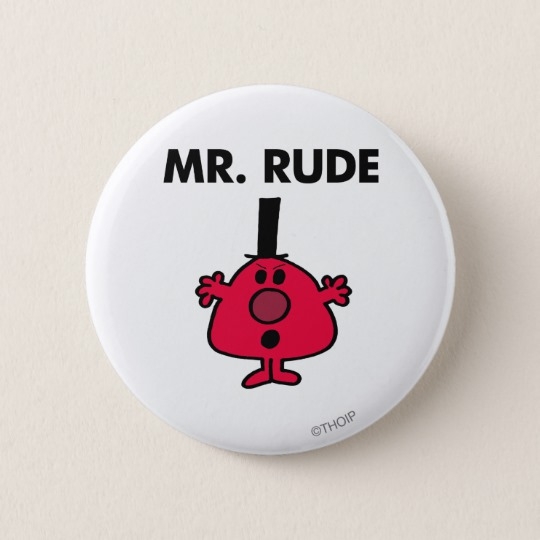Witnessing morning rudeness may adversely impact performance and goal progress.
Workplace behaviours are a tricky thing as people from various backgrounds come together to work as a team. Each individual brings in a unique demeanour, which impacts how she/he behaves and interacts with others in the workplace. While cordial interactions are always expected, rudeness in the workplace is quite common. What is worse is that it mostly remains outside HR’s radar in the organisation.
A recent research by Dr Andrew Woolum, professor at the University of North Carolina Wilmington, shows how “rude colour glasses” can stain someone’s day. The study was conducted by following 81 professional and managerial employees at their place of work over a 10-day period. They observed that witnessing morning rudeness leads to greater perceptions of workplace rudeness throughout the workday, which in turn, predicts lower task performance and goal progress and greater interaction avoidance and psychological withdrawal.
Rudeness is generally defined as “insensitive or disrespectful behaviour” that “displays a lack of regard for others.” For instance, making a derogatory remark, using a harsh tone to convey something usual, leaving out someone from important work-related conversations or not making someone a part of a meeting, are all examples of rudeness in the workplace.

Just as there are stringent laws and guidelines around sexual harassment in the workplace now, which ensures people are extremely cautious about their ways, there needs to be strong frameworks around the right kind of behaviours in the workplace, so that people know where to draw a line.
It not only impacts the morale of the victim but also the overall work environment. Research says that rudeness can be conveyed in very ambiguous ways, which may be difficult to bring into the limelight if confronted. Also, since rudeness is largely out of the realm of formal workplace policies, it can have a lasting yet hidden impact on people, leaving all employees that witness it confused and low performing. It is because of this very reason that rudeness in the workplace is a tricky thing to tackle.
Ganesh Chandan, CHRO, Greaves Cotton is of the view that it has got to do with the level of awareness about the right kind of behaviours in the workplace. “Just as there are stringent laws and guidelines around sexual harassment in the workplace now, which ensures people are extremely cautious about their ways, there needs to be strong frameworks around the right kind of behaviours in the workplace, so that people know where to draw a line,” Chandan opines.
According to Chandan, it is not only about having a framework or policies around workplace behaviour but more importantly about having well-defined guidelines in place pertaining to what is acceptable in the workplace and what is not. He says, “Organisations can keep rudeness and other behavioural issues at bay and can get it right by sensitising people around the dos and don’ts of workplace behaviour.”

The overall organisational culture is of paramount importance, but in organisations where the interdependencies amongst people are higher—such as in businesses where creative thinking-based solution finding is the norm—and where collective intelligence is required, workplace behaviours need to be controlled and guarded. On the other hand, in businesses where people can work more independently, rudeness may not really impact the productivity that much.
Kamlesh Dangi, ?group president-human resources, ?UTI Mutual Funds, believes behaviour—be it at the workplace or otherwise—has a lot of cultural aspects to it. For instance, some companies or industries may have strong guidelines around mental harassment at the workplace, while for some industries, where people work independently, the implications of rudeness may not be that significant.
“The overall organisational culture is of paramount importance, but in organisations where the interdependencies amongst people are higher—such as in businesses where creative thinking-based solution finding is the norm—and where collective intelligence is required, workplace behaviours need to be controlled and guarded. On the other hand, in businesses where people can work more independently, rudeness may not really impact the productivity that much,” Dangi says.
Another aspect that Dangi shares is that rude behaviour is not so much of an issue amongst Indians as compared to the West. The reason he gives is that since we Indians are brought up in families with strong hierarchies, values and respect for seniority, we are not generally rude. On the contrary, the problem of rudeness may be much worse abroad as young kids are sent out to be on their own, on entering their teens. They learn to fend for themselves at a tender age.
The biggest challenge with rudeness is that someone who has been rude or is being perceived as being so is mostly unaware of the fact. That is why, awareness about acceptable behaviour and defining it properly is the key to ensuring harmony and mutual accord in the workplace.
As Prof. Woolum says very aptly, “We’re all thinking, feeling, sensing beings.”



